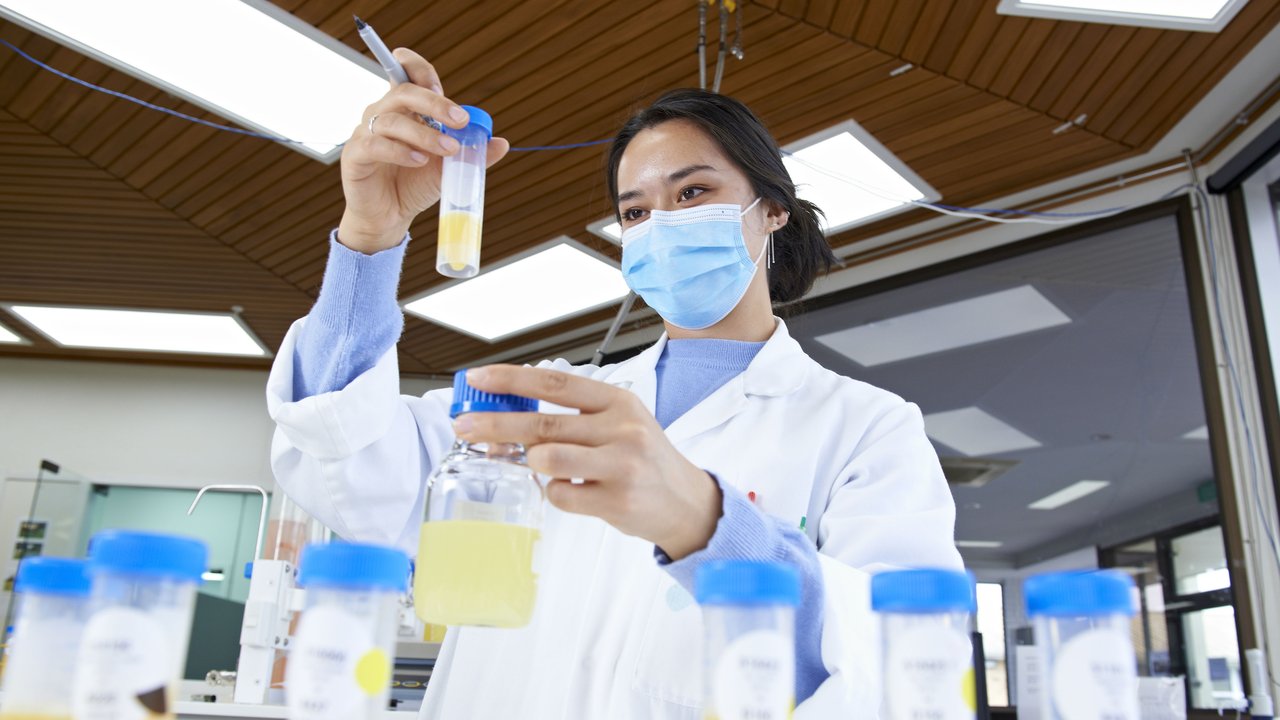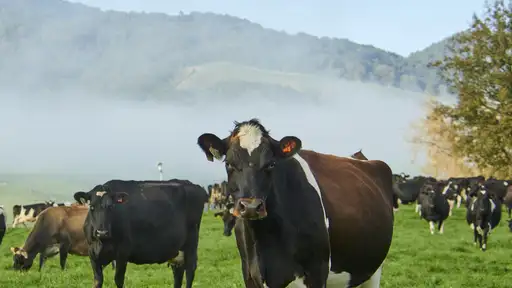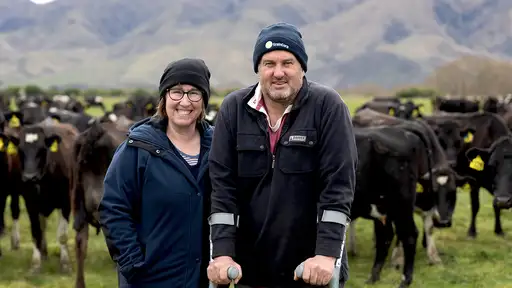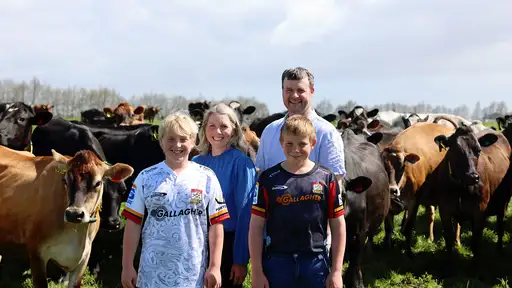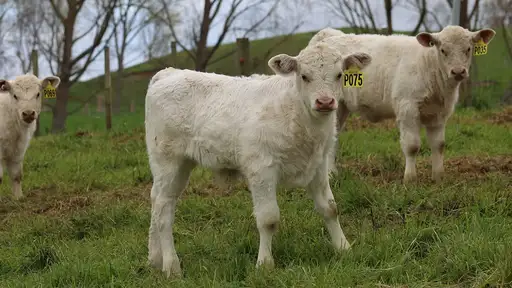LIC is preparing to inseminate around 200,000 cows with fresh sexed semen, which delivers a 90% chance of producing a female calf, up from 110,000 the previous year.
Malcolm Ellis, LIC General Manager NZ Markets, says the increased demand is driven by a deeper understanding and realisation among farmers that if they aren’t going to be milking more cows in the future, they will need to be milking better cows.
“Using sexed semen helps farmers accelerate the rate of genetic gain by effectively guaranteeing female offspring, their next generation of replacements, from their highest genetic merit cows.”
Ellis says its pleasing to see farmers applying additional focus on the offspring of their superior cows and avoid retaining female replacements from the tail-end cows - a critical aspect of the herd improvement equation.
“Farmers don’t need to leave the gender of their calves to chance. By knowing sufficient replacements will be generated from their best cows, farmers are able to consider alternative beef AB options for their poorer performing animals, enabling them to significantly reduce the number of bobby calves leaving the farm.”
Otorohanga farmer Marian Numan used sexed semen for the first time last season to help reduce the number of bobby calves their herd produced.
“It was always disappointing to see some of our lovely crossbred bulls going on the bobby truck. Using sexed semen across our top-tier cows has allowed us to produce roughly 30 heifer calves that would have otherwise been bobbies. It’s a win-win - we can retain more of our good genetics with less waste overall.”
LIC has been supplying sexed semen to farmers for over a decade, but interest in the product has grown significantly in the past two years.
“With farmers proactively looking at ways to mitigate consumer, environmental and animal welfare concerns, sexed semen is a useful tool for them to have in their toolbox,” Ellis said.
To meet the increasing demand, LIC has repurposed an area within their Hamilton headquarters to accommodate a new laboratory facility solely for the production of sexed semen. The state-of-the-art lab sits alongside LIC’s bull farm and semen processing lab and is the world’s biggest fresh sexed semen sorting facility.
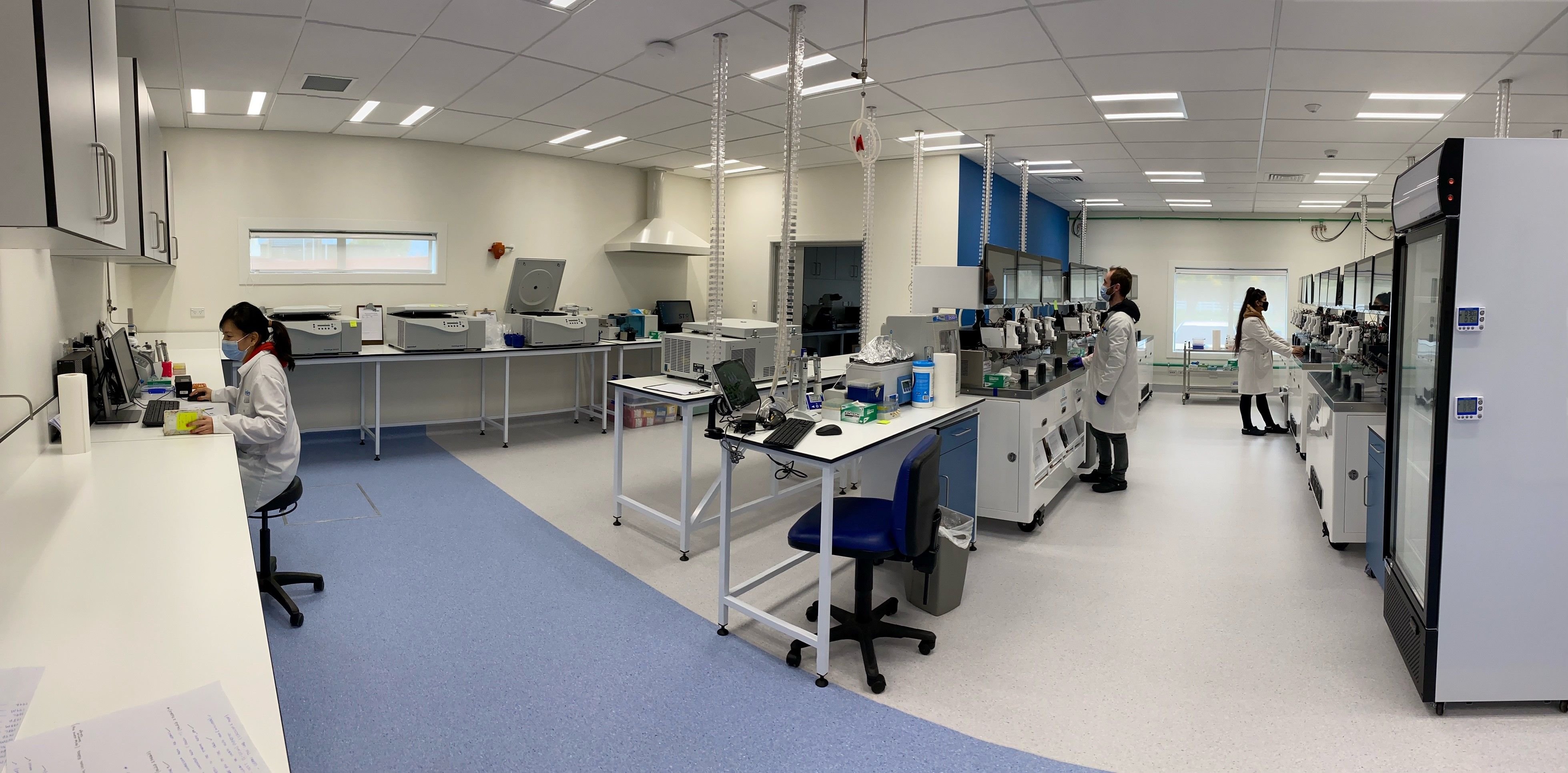
The lab will host Sexing Technologies, a US-based company who is contracted to sex-sort semen from LIC’s top dairy and beef artificial breeding bulls.
“The lab is significantly larger than Sexing Technologies’ previous laboratory in New Zealand, which will ensure we are set up to accommodate the growing demand for fresh sexed semen from our farmer shareholders,” says Ellis.
LIC is the only provider of fresh sexed semen in New Zealand, which delivers a noticeably better chance of getting a cow pregnant than the frozen alternative.
Ellis says combining LIC’s long last liquid semen processing technology with Sexing Technologies’ expertise produces a sexed semen product with a near normal conception rate to that of conventional semen.
“Getting cows in-calf is one of the most important parts of any dairy farmer’s seasonal focus, so it’s critical we deliver a sexed semen product that doesn’t notably compromise that goal.”
Having Sexing Technologies onsite also means LIC’s fresh sexed semen is available to more farmers.
“As we no longer need to transport semen offsite to be sex-sorted, we have significantly reduced the downtime between collection and the sorting process, enabling longer use in the field which ultimately gives more farmers the opportunity to tap into its value,” says Ellis.
Sexing Technologies CEO, Juan Moreno, says the company is pleased to strengthen their decade-long relationship with LIC.
“LIC is a much-respected world leader in pasture based dairy cattle genetics. We’re excited to continue to work closely with them to further empower New Zealand dairy farmers to improve the sustainability and profitability of their farming operations.”
The new sexed semen lab is open in time for the peak Spring mating season which sees LIC artificial breeding technicians inseminate around 4.5 million cows between September to December.
